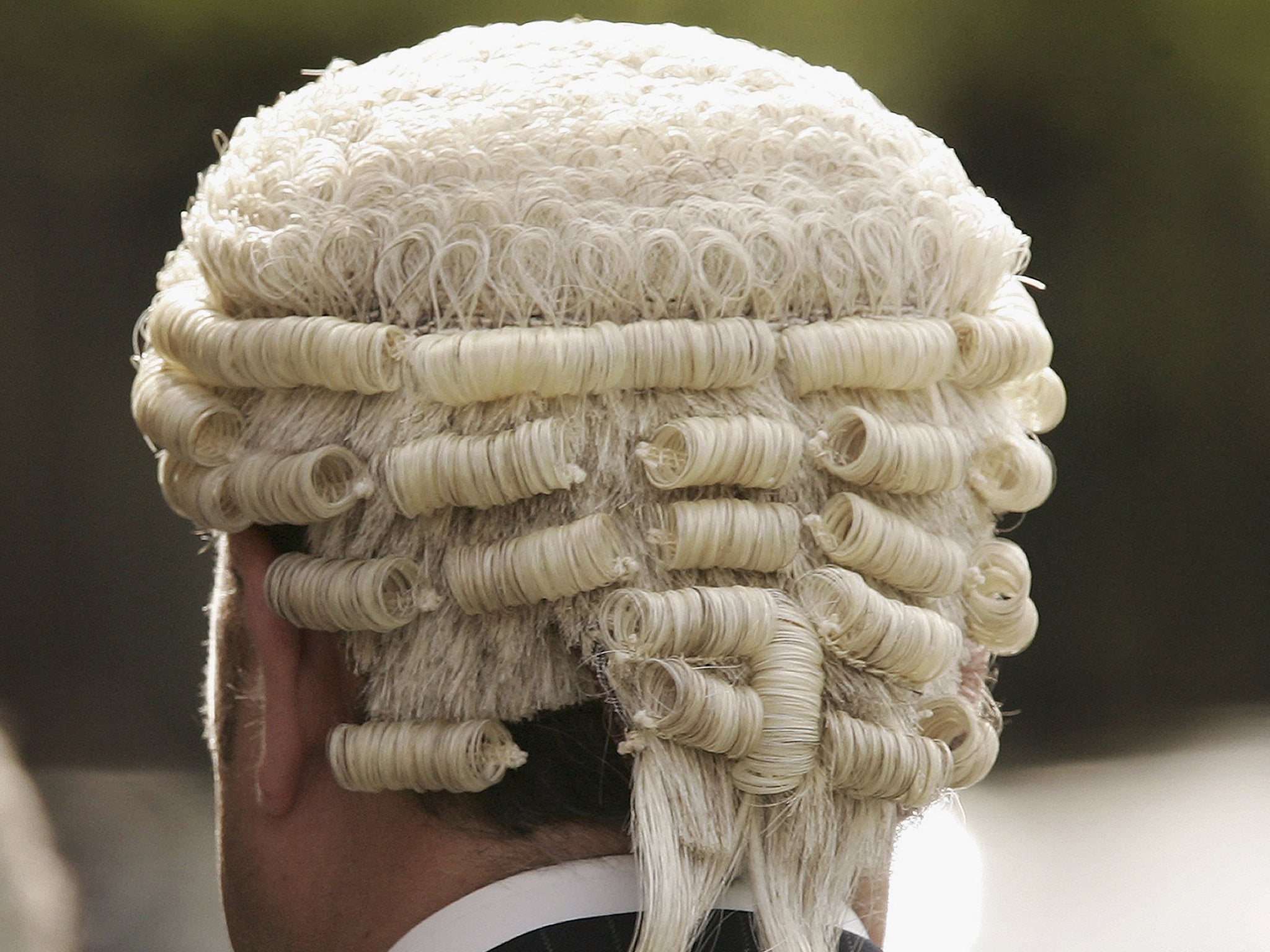'Celebrity threesome' injunction ruling shows the limits of the legal system to protect people from themselves
It’s clear that in the age of internet saturation the privacy injunction is all but dead

Your support helps us to tell the story
From reproductive rights to climate change to Big Tech, The Independent is on the ground when the story is developing. Whether it's investigating the financials of Elon Musk's pro-Trump PAC or producing our latest documentary, 'The A Word', which shines a light on the American women fighting for reproductive rights, we know how important it is to parse out the facts from the messaging.
At such a critical moment in US history, we need reporters on the ground. Your donation allows us to keep sending journalists to speak to both sides of the story.
The Independent is trusted by Americans across the entire political spectrum. And unlike many other quality news outlets, we choose not to lock Americans out of our reporting and analysis with paywalls. We believe quality journalism should be available to everyone, paid for by those who can afford it.
Your support makes all the difference.Monday's ruling in the case of the ‘celebrity threesome’ injunction prolongs the legal argument for a little longer yet. Judges in the Appeal Court, headed by Lord Justice Jackson, concluded that the identities of the married celebrity couple at the centre of the dispute are so widely known that the original injunction against naming them in England and Wales is redundant. But PJS and YMA will retain their courtroom acronyms while lawyers for the former seek leave from the Supreme Court for a further appeal.
The information which PJS wishes to protect – that he engaged in an extra-marital ‘threesome’ – is tittle-tattle. The other parties involved may wish to speak about the encounter, and some newspapers argue the details show PJS’s ‘family man’ image to be false, but neither of those arguments carried the day when the injunction was first granted. The primary reason why the interim order may soon be lifted is about the practicalities: why restrain publication in mainstream English media when the story is already in wide circulation online and in other countries?
It’s clear that in the age of internet saturation the privacy injunction is all but dead. This does not mean the media can or should indulge in a free-for-all though: putting injunctive relief to one side, the law, regulators – and sound ethics – should still offer protection against unjustified intrusions.
Still, there remains one other way in which celebrities can avoid exposure. As Lord Justice Jackson put it: “there is a limit to how far the courts can protect individuals against the consequences of their own actions”. If you don’t kiss, others can’t tell.